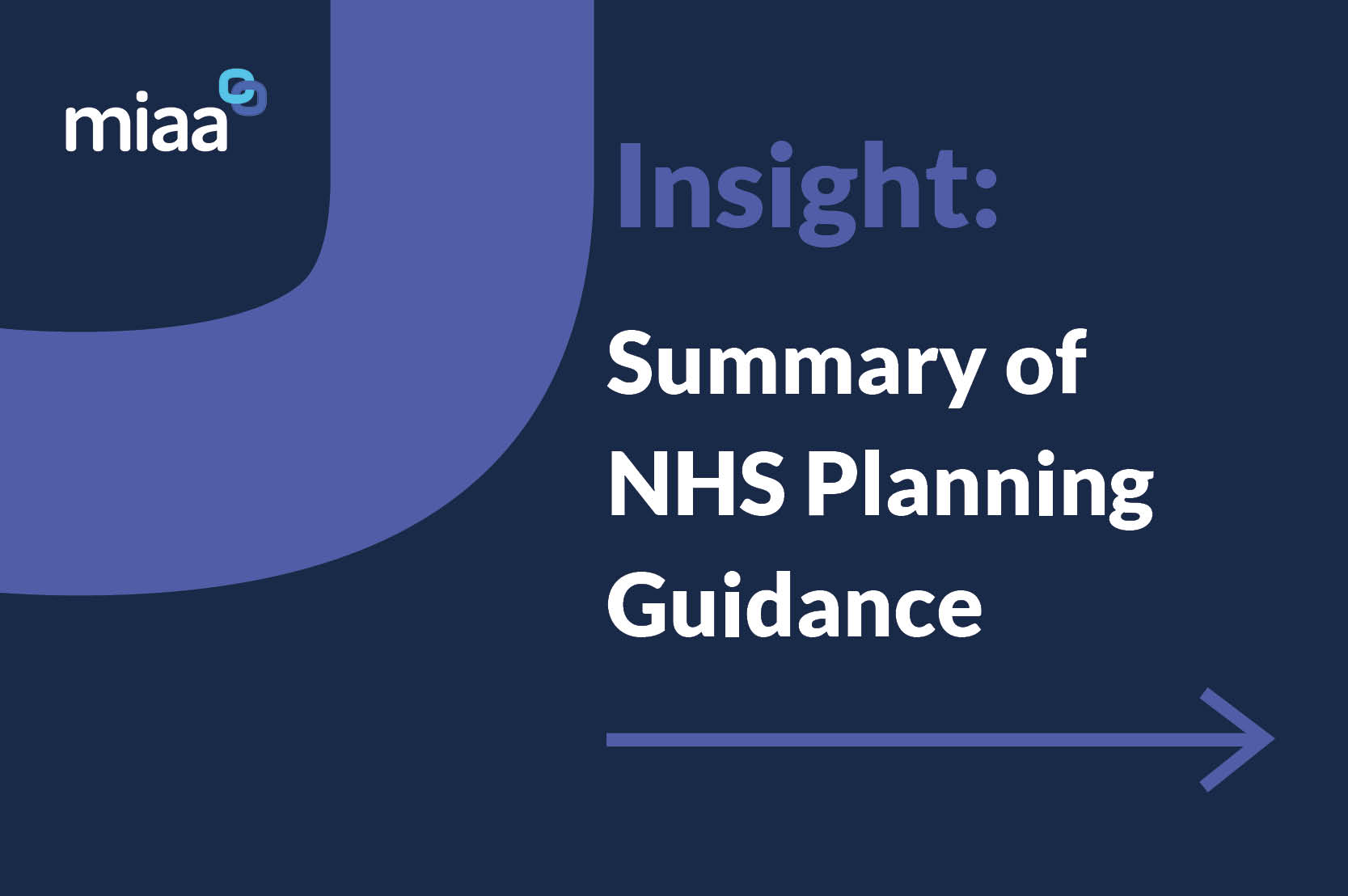Summary of NHS Planning Guidance
The NHS England 2025/26 Priorities and Operational Planning Guidance sets out strategic goals and operational plans to enhance healthcare delivery, improve patient outcomes, and ensure the sustainability of the NHS. The guidance outlines priorities for integrated care systems (ICSs), NHS trusts, foundation trusts, and commissioners, with a focus on service recovery, financial sustainability, workforce development, and digital transformation.
Key Priorities for 2025/26
1. Improving Access and Reducing Waiting Times
- Elective care recovery: Continuing to reduce waiting lists and backlogs caused by the pandemic, with a focus on long-wait patients and high-volume procedures.
- Urgent and emergency care: Enhancing A&E and ambulance response times, integrating care services to improve patient flow, and reducing unnecessary hospital admissions.
- Primary care access: Expanding digital and face-to-face GP access to improve patient experience and ensure timely appointments.
2. Mental Health, Community, and Social Care Support
- Expanding mental health services, ensuring timely access to psychological therapies, crisis support, and early intervention for adults and children.
- Strengthening community health services to reduce hospital admissions and support faster patient discharge.
- Supporting social care integration by working more closely with local authorities to improve care at home and in care settings.
3. Digital and Data Transformation
- Investing in NHS digital services to streamline patient records, improve interoperability between systems, and enhance the use of artificial intelligence and automation.
- Strengthening remote care options, including virtual wards, remote consultations, and AI-assisted diagnostics.
- Encouraging the adoption of data-driven decision-making, enhancing predictive analytics for resource allocation and service planning.
4. Reducing Health Inequalities
- Addressing disparities in access and outcomes for disadvantaged populations, ensuring equitable access to care.
- Implementing population health management approaches to prevent illness and target interventions more effectively.
- Expanding outreach and engagement programs to improve screening and preventive care in underserved communities.
5. Workforce Development and Retention
- Workforce well-being: Strengthening support for NHS staff, improving working conditions, and reducing burnout.
- Recruitment and training: Increasing training places for nurses, doctors, and allied health professionals while upskilling the current workforce.
- Flexible staffing models: Encouraging integrated workforce planning across different care settings to optimise resource use.
6. Financial Sustainability and Productivity
- Efficiency improvements: Achieving a 4% productivity gain and reducing costs by 1% to maintain financial sustainability while meeting growing demand.
- Greater financial autonomy: Allowing integrated care boards (ICBs) to have more flexibility in budget allocation and spending decisions.
- Reducing administrative burden: Simplifying reporting requirements and improving procurement strategies to cut inefficiencies.
Implementation Approach
- Local Empowerment: Shifting decision-making power to integrated care systems (ICSs) to tailor services to local needs while ensuring alignment with national priorities.
- Performance Metrics: Introducing clear accountability frameworks and outcome-based measures to track progress across regions.
- Collaborative Working: Encouraging partnerships between the NHS, local government, voluntary organisations, and the private sector to improve care coordination.
Overall Impact and Direction
This guidance reinforces a shift towards locally-led, data-driven, and patient-centred care, ensuring the NHS can meet growing demand within a constrained financial environment. The emphasis on prevention, technology adoption, and workforce sustainability reflects a long-term vision for a more resilient and efficient healthcare system.
If you need support to deliver any of these key priorities please contact our team.
